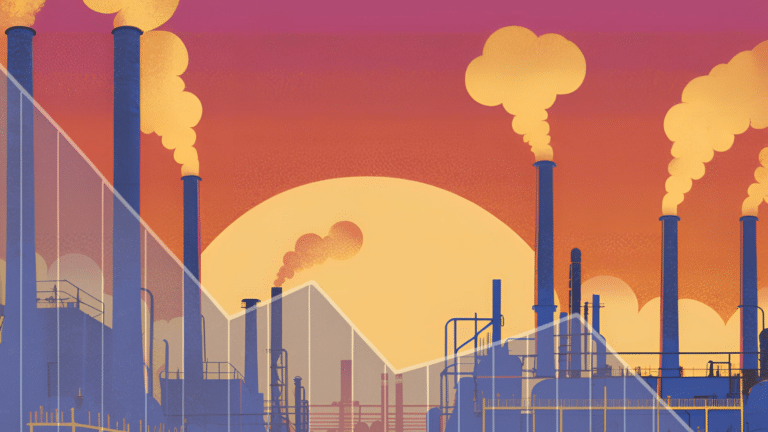Semafor Net Zero: One Good Text
After winning a $20 billion contract with Google, Intersect Power wants to “create a whole new class of real estate.”
Current Access Level “I” – ID Only: CUID holders, alumni, and approved guests only
Reports by , , • April 11, 2017
By Tom Moerenhout, Nikos Vezanis, and Chris Westling
DOWNLOAD THE FULL REPORT [PDF]
A new report from the Center on Global Energy Policy analyzes the political economy of energy pricing reforms in the Middle East and North Africa since the Arab Spring. Authors TA new report from the Center on Global Energy Policy analyzes the political economy of energy pricing reforms in the Middle East and North Africa since the Arab Spring. Authors Tom Moerenhout, Nikos Vezanis, and Chris Westling investigate the conditions under which the governments of Tunisia, Morocco, Egypt, Jordan, Saudi Arabia, and Iran–each with very different political economies–were able to implement price increases. The report explains for each country why reform was necessary, how political coalitions affected reform planning and implementation, and how social contract dynamics affected the reforms. Key findings include:
– Fiscal crisis has been the main reason for all countries to implement energy subsidy reforms, operating as a convincing argument to garner support from the wider population but also as an effective political tool to convince and sideline powerful stakeholders.
– Most countries in the MENA region seek to substantially alter their economic model and their social contract. They have spent an unusually large effort on communication campaigns to explain to the people the rationale of and need for reforms while simultaneously demonstrating their power through more repressive measures.
– The success of current and potential future reforms depends on economic progress and the ability to implement new, targeted social safety systems. Because of challenges to deliver more targeted social safety systems, some countries use other subsidies (like food subsidies) as a way to mitigate the negative impacts of energy pricing reform.
– Because of a particular mix of political conditions, Saudi Arabia’s social contract proved to be elastic, and further reforms are now linked to the implementation of a new cash transfer scheme.
The authors determine that although bargaining games have occurred in every country on how to go about reform, there is a region-wide understanding to target the distortions from the subsidy regime, which marks a paradigm shift in the entire social contract upon which MENA states have been traditionally governed. Contrary to a history of relative irresponsiveness, the power balance has recently shifted toward the people in these nations. Whether or not a second Arab Spring will manifest in the future will depend on how governments deal with this challenge and their ability to achieve economic diversification and growth, reduce the shrinking of middle classes, and counter high unemployment.
Calls to "Drill, baby drill" are back with Donald Trump's return to the White House, and for US natural gas production, the catchphrase might also be a necessity over the next three years if demand for the fuel grows as steeply as expected.

China’s demand for oil, long an important driver of global oil demand growth, slowed dramatically during January–September 2024.

The US Federal Reserve (Fed) commenced its monetary easing cycle on Wednesday with an aggressive 50 basis points policy rate cut.

Full report
Reports by , , • April 11, 2017